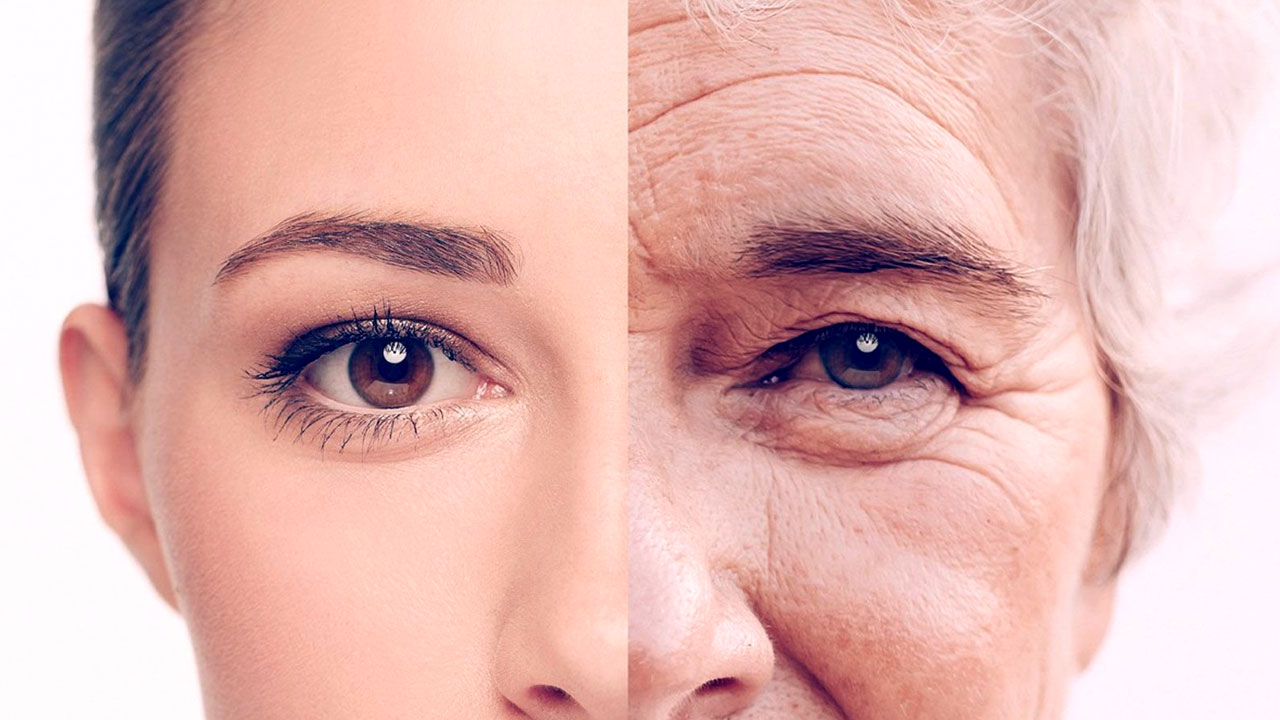

Psychosocial Therapies Improve Immune Function
According to a meta-analysis published in the journal JAMA Psychiatry, psychosocial interventions have been reported to significantly affect the functioning of the immune system.
from the University of California, Davis, Ph.D. “Our results were most consistent for interventions involving CBT [cognitive-behavioral therapy] and multiple psychotherapies,” Grant Shields and colleagues said. he wrote. “Moreover, the findings did not differ according to participants' age, gender, or duration of intervention. Finally, we found that these associations persisted for at least six months after discontinuation of treatment.” made statements.
How did the work take place?
Shields and colleagues reviewed placebo-controlled studies that examined the effects of a psychosocial intervention on some degree of immune health. Most of the studies involved testing psychosocial interventions in people with cancer or HIV.
After applying the elimination and inclusion criteria, 56 studies covering eight types of therapy were included in the analysis. Among the eight interventions: behavioral therapy aimed at helping patients understand and change problem behaviors, cognitive therapy that teaches patients how to change negative thoughts or mindsets, cognitive behavioral therapy that combines elements of cognitive and behavioral therapies CBT, supportive interventions such as telephone follow-up in addition to CBT, grief or supportive therapy, psychoeducation, other psychotherapy (such as stress management), or multiple interventions.
The studies also included seven immune system biomarkers: pro-inflammatory cytokine levels, anti-inflammatory cytokine levels, antibody levels, white blood cell counts, white blood cell activity, viral load (for example, HIV levels) and other outcomes such as postoperative infections.
What are the findings?
Overall, participants who received any psychosocial intervention experienced a 14.7% increase in positive immune outcomes, such as low viral load, and an 18.0% reduction in detrimental outcomes, such as proinflammatory cytokines, compared to those who did not receive any psychosocial interventions. Improvements in immune indicators were particularly strongest among patients receiving CBT or multiple psychosocial interventions. Among the biomarkers, the reduction in proinflammatory cytokines was the strongest improvement associated with psychosocial interventions.
How are the results interpreted?
“Given the efficacy and relative affordability of psychosocial interventions to treat chronic illness, we propose that psychosocial interventions may represent a viable strategy to reduce disease burden and improve human health. Prospectively, the authors noted, additional research is needed to elucidate the mechanisms by which psychosocial interventions exert relatively long-lasting, beneficial effects on the immune system and health.
SOURCE:
– Shields, G. S., Spahr, C. M., & Slavich, G. M. Psychosocial interventions and immune system function: a systematic review and meta-analysis of randomized clinical trials. JAMA psychiatry, 77(10), 1031-1043. – Psychiatric News Alert. “Psychosocial Therapies Found to Boost Immune Function”



